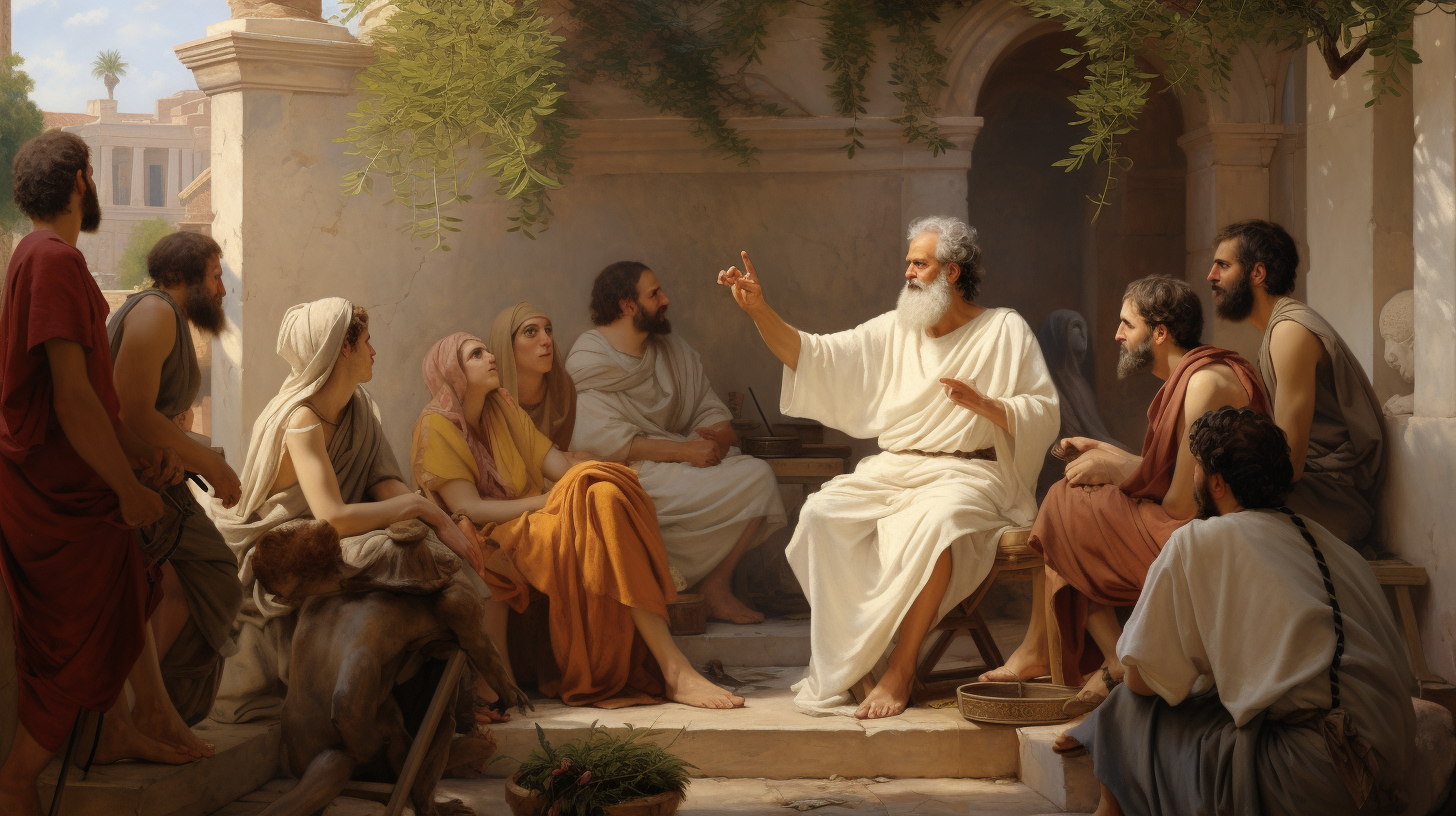Imagine your mind as a vast, complex labyrinth, where pathways of neurons twist and turn, bathed in a fluid cocktail of chemicals and hormones. This intricate maze not only shapes our thoughts and behaviors but also holds the key to unlocking the potential of our cognitive abilities.
But what happens when external factors like alcohol or the natural surge of hormones during significant life events disrupt this delicate balance? This is where the ancient philosophy of Stoicism, adapted for the modern era, offers a guiding light.

The Brain's Trio
And Stoicism's Role
Our brains are an ensemble of three distinct players: the primitive reptilian brain, the emotional mammalian brain, and the rational human brain. In a perfect symphony, these parts work together, but often, our rationality takes a backseat, overridden by more primal impulses or emotional tides. Stoicism, a philosophy that dates back to ancient Greece and Rome, proposes a way to strengthen the rational mind, to help it assert its governance over its unruly counterparts.
However, when our cognitive faculties are dimmed - by a night of drinking, perhaps - even the stoic principles falter. It's an irony not lost on us; our phones survive a night of indulgence unscathed, but our decision-making skills do not. Stoicism, while robust, isn't a panacea, especially in the face of severe anxiety or depression. Sometimes, the wisdom of Epictetus and Marcus Aurelius needs the support of modern interventions like cognitive behavioral therapy, a testament to Stoicism's enduring legacy.

The Importance of Community
And Mentorship
Stoicism, like any philosophy or skill, flourishes in the company of others. The ancient Stoics had their schools and forums, places of communal learning and debate. In our times, the challenge lies in finding these communities. Yes, one can read, listen to podcasts, or attend online courses, but there's an undeniable magic in real-life interactions - the kind you find in Stoic gatherings, conferences, or even in a martial arts dojo. It's in these spaces that we're reminded that we're not alone in our struggles or our quest for personal growth.

Rethinking Modern Stoicism
As much as Stoicism offers, it's not without its limitations, especially in its modern interpretations. First, there's the aspect of trauma healing. Today, we understand that trauma lives not just in our memories but in our bodies - in our postures, our reflexes, and our unspoken fears. Stoicism, with its focus on the present and the future, sometimes overlooks the healing gold buried in our past. Explorative practices like expressive writing or yoga can unearth and process these hidden wounds.
Next, is the practice of mindfulness. In the times of Marcus Aurelius, distractions were fewer, making mindfulness a more natural state. Today, our always-on, digitally saturated lives make it a skill that needs conscious cultivation. And lastly, there's the need for ecstatic experiences - moments where we let go of control and reason, and immerse ourselves in the full spectrum of human experience, be it through dance, martial arts, or even breathwork.
Closing Thoughts
To elevate your Stoic practice, consider these suggestions: embrace extended periods of mindfulness meditation, delve into the arts or sports that require spontaneous, non-rational engagement, and most importantly, explore your past with an open heart and mind. Write, reflect, and allow yourself to learn from the entirety of your experiences.
Thank you for joining this exploration of the mind and Stoicism in our podcast. As we navigate the complexities of modern life, let's remember the wisdom of the past, adapt it to our present, and create a future where our rational, emotional, and primitive selves coexist in harmony. Until next time, keep pondering, keep exploring, and most importantly, keep living.
